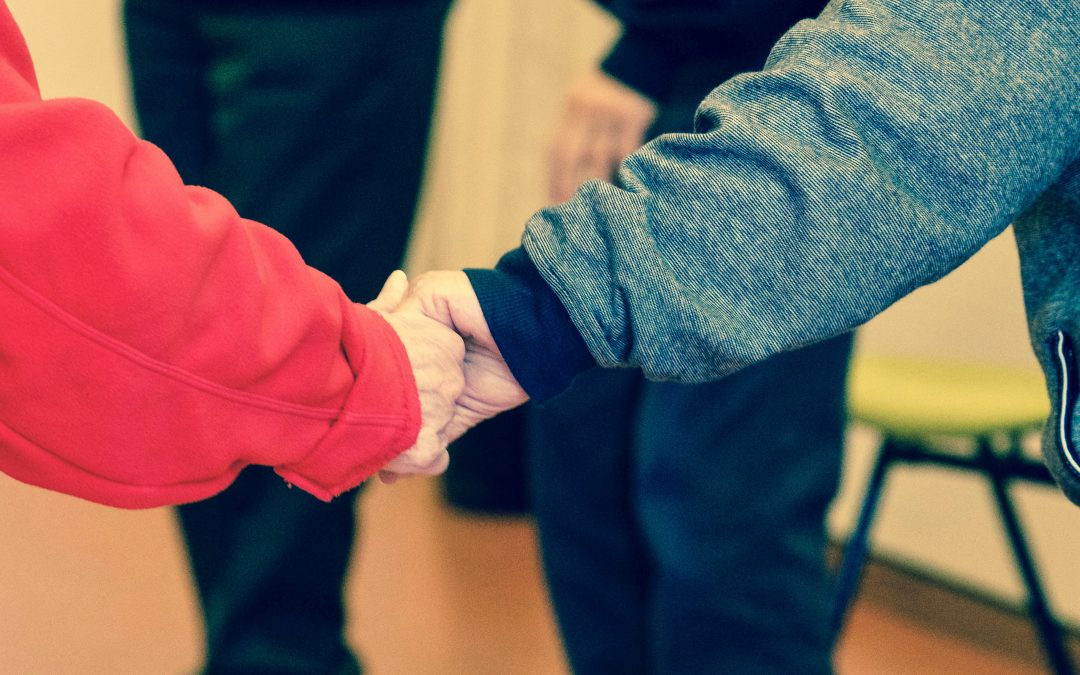Advance Care Planning
No one wants to think about losing the one they love. As a result, many families delay discussions about end-of-life care.
But,” Planning for future care improves survival among terminally ill patients ”suggests the first study of its kind, published in the BMJ Supportive & Palliative Care.
What is advance care planning (ACP)?
Advance care planning is a process that supports individuals to make plans about their future wishes and medical care. It’s a way to discuss, decide, and share what matters most to you.
Read More: ‘’Planning For Advanced Care Improves Survival’’
It can be helpful to think about where your loved one would like to be cared for now, in the future, and in final days.
‘’For many people, being free from pain and discomfort is an important factor when deciding where to be cared for. Sometimes pain and discomfort can be managed well at home or in a care home, with support from family, friends, and health and social care professionals. Some people might need specialist care in a hospice or hospital to manage their pain effectively.’’ – Marie Curie Charity
Hospice Care
Hospices are designed to help care for people from the point at which their illness is diagnosed as terminal to the end of their life, however long that may be. Some people take a break from hospice care if their condition has become stable and they are feeling well.
Hospice care aims to take care of all medical, emotional, social, practical, psychological and spiritual needs, as well as the needs of the person’s family and carers.
Taking care of all these aspects is often referred to as “holistic care”.
Where Is Hospice Care Provided?
You don’t have to stay at a hospice to have access to hospice care. In fact, many people receive support from a hospice whilst they are living at home or in a care home.
Hospice care is a style of care, rather than something that takes place in a specific building.
Hospice teams can include:
- doctors,
- nurses,
- social workers,
- therapists,
- counsellors and trained volunteers.
What Does Hospice Care Cover?
Local hospice will offer medical and nursing care, including controlling pain and other symptoms.
It may also offer:
- physiotherapy
- occupational therapy
- complementary therapies, such as massage
- rehabilitation
- respite care
- information about financial and other practical issues
- bereavement care
- spiritual
- psychological help
Talk to your local hospice about what they can offer.
Note: Healthcare is provided free across the UK but the level of care available depends on your needs and local availability.
If you live in England and Wales and have a complex healthcare need, you may be able to get care for free under a scheme called NHS continuing healthcare.
How Can I Find A Local Hospice?
You can:
- ask your GP or district nurse
- use the end of life hospice services search
- speak to Hospice UK
- use the Find Me Help service on the Dying Matters website
Click here to watch a short video of people talking about their experiences of hospice daycare.
You might also want to read:
- ‘How To Plan For Ageing’
- ‘Does Your Family Know Who Handles Your Legal Matters?’
- ‘How To Organise Your Employment Information & Work-Benefits’
Subscribe to Tidy Tomorrow now and get access to exclusive content!

